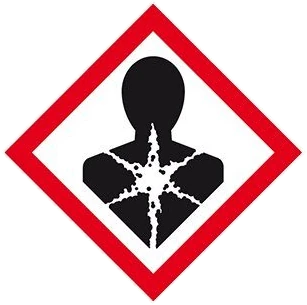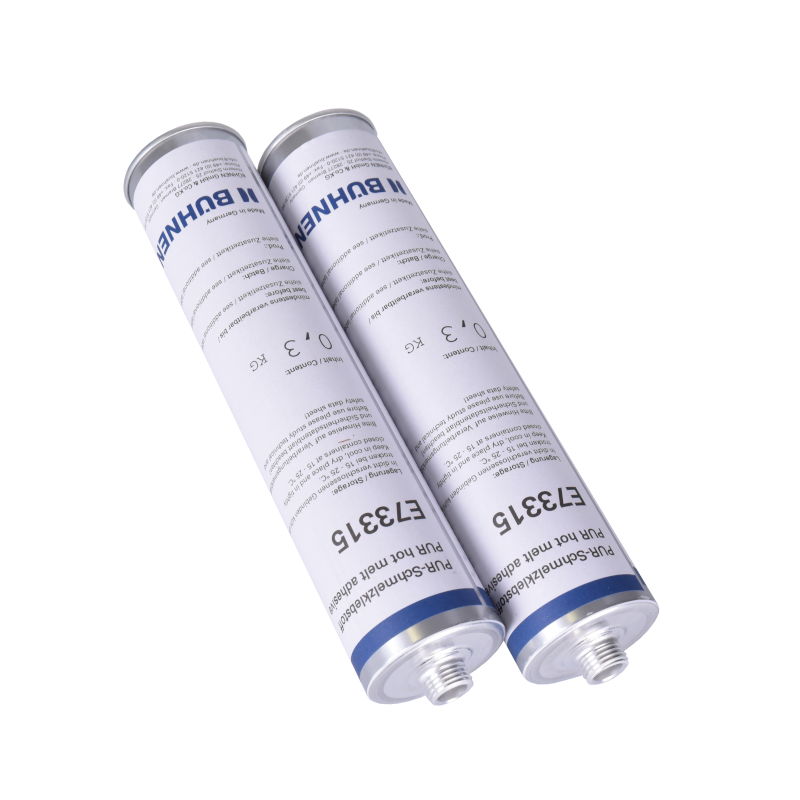MDI – methylene diphenyl isocyanate
MDI stands for methylene diphenyl isocyanate and is a chemical compound also known as diphenyl methane diisocyanate or methylene diphenyl isocyanate. It is an organic isocyanate that is often used in chemistry in the production of polyurethanes.
Polyurethanes are versatile plastics that are used in a wide range of applications including foams, sealants, coatings and elastic fibres. MDI is an important component in the production of polyurethanes, as it is reactive and can combine with other chemical compounds, such as polyols, to form polyurethanes. This reaction leads to a variety of polyurethane products with different properties depending on the specific needs of the application.
Working with products containing MDI

However, the use of MDI in industry requires caution, because isocyanates, including MDI, are toxic and allergenic and can pose health risks if handled or exposed improperly.
Therefore, when using MDI, appropriate safety measures must be taken and safety devices used to minimise exposure.
Conventional PUR hot-melt adhesives usually contain an excess of free, monomeric isocyanate (usually 4-4‘-diphenyl methane diisocyanate – MDI for short) in the order of approx. 2 %.
Since 2012, products containing isocyanate with an MDI content of 0.1 % or more must be labelled with the GHS symbol No. 8 (health hazard) and the corresponding safety information (H and P phrases) must be provided.
Adhesives with an MDI content of less than 0.1 % are not subject to any obligation to be labelled as hazardous substances.

Example: The reactive hot-melt adhesive E3315 has a reduced MDI content of less than 1 %, and therefore the marking H 351 is no longer applicable.
